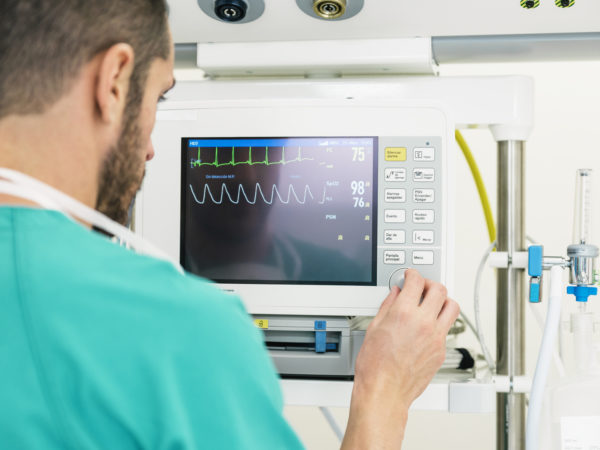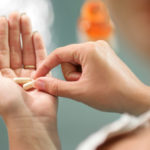Why Does My Heart Race?
Although I drink alcoholic drinks only occasionally, when I have more than about eight ounces in the evening, my heart beats rapidly for hours afterward, and I am unable to sleep. No one can tell me the reason for this.
Andrew Weil, M.D. | March 16, 2004

Alcohol is a frequent trigger of a common type of rapid heartbeat called supraventricular tachycardia (SVT). This is a benign (non-harmful) arrhythmia (irregular heartbeat). “Tachycardia” means rapid heartbeat and “supraventricular” means that the rapid beats come from the upper chambers or the middle region of the heart. It is also called “paroxysmal,” meaning it comes on suddenly.
The rapid heartbeats that you’ve been experiencing after drinking alcohol aren’t unusual. Many people experience the same thing. In fact, having an extra drink or two at celebrations or during the holidays can cause rapid heartbeats that are often called “Holiday Heart.” Red wine is often a particular culprit.
The same type of rapid heartbeat can occur as a result of drinking caffeinated beverages, eating chocolate, and using other stimulants. Lack of sleep can cause you to have episodes as well.
The best way to deal with your rapid heartbeat is to learn to stop it as soon as it starts. You can do this by practicing my breathing exercises. You also might consider eliminating alcohol and caffeine from your diet and taking supplemental magnesium. Start with 250 mg and increase the dose up to 500 mg daily. If you find that the magnesium has a laxative effect, take calcium along with it (the dosage should be about twice the amount of magnesium but no more than 700 milligrams a day for women, I don’t recommend that men take calcium supplements.)
If your rapid heartbeat goes on for hours, or you get weak, dizzy or develop pain, be sure to call your doctor and get evaluated. You should have an electrocardiogram while you’re having the rapid heartbeat to make sure that it is benign SVT. This kind of rapid heartbeat rarely requires medical attention, and you can usually eliminate or minimize its occurrence by making changes in your habits.
Andrew Weil, M.D.










